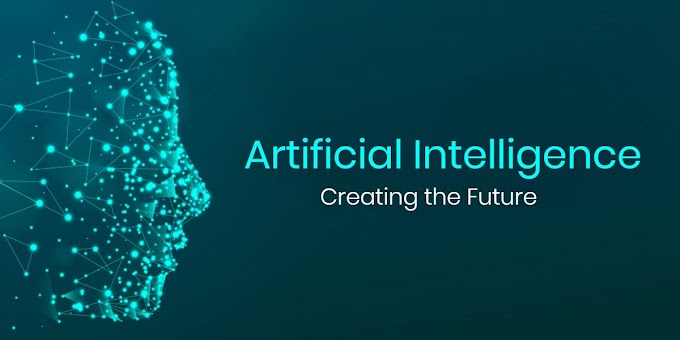The Power of Artificial Intelligence: Features, Importance, and Benefits
Artificial
Intelligence (AI) has transitioned from the realm of science fiction to an
integral part of our daily lives, influencing industries, economies, and
societies worldwide. This transformative technology holds promise for
addressing some of humanity’s most pressing challenges. This blog explores the
key features, importance, and benefits of AI.
Key Features of Artificial Intelligence
- Machine
Learning (ML) Machine
Learning, a subset of AI, involves the development of algorithms that
enable computers to learn from and make predictions based on data. By
recognizing patterns and trends, ML systems improve their performance over
time without being explicitly programmed.
- Natural
Language Processing (NLP)
This feature is crucial for applications like chatbots, virtual
assistants, and translation services, enabling seamless human-computer interaction.
- Computer
Vision Computer
vision empowers machines to interpret and make decisions based on visual
inputs from the world. Applications range from facial recognition and
autonomous driving to medical image analysis.
- Robotics These robots are widely used in
manufacturing, healthcare, and service industries, enhancing productivity
and safety.
- Neural
Networks Inspired by
the human brain, neural networks are a cornerstone of AI, particularly in
deep learning. They consist of interconnected nodes (neurons) that process
information in layers, enabling complex problem-solving and pattern
recognition.
The Importance of Artificial Intelligence
- Driving
Innovation AI is a
catalyst for innovation across various sectors. From personalized
healthcare and advanced diagnostics to smart cities and sustainable energy
solutions, AI is pushing the boundaries of what is possible.
- Economic
Growth The
integration of AI into business processes enhances efficiency, reduces
costs, and opens new revenue streams. Industries leveraging AI are
experiencing significant growth, contributing to the global economy.
- Enhancing
Decision-Making This
capability is particularly crucial in fields like finance, healthcare, and
supply chain management.
- Addressing
Societal Challenges AI has the
potential to tackle complex societal issues such as climate change,
resource management, and disease outbreaks. By providing data-driven
solutions, AI contributes to a more sustainable and resilient future.
Benefits of Artificial Intelligence
- Efficiency
and Productivity AI
automates repetitive and mundane tasks, freeing up human resources for
more strategic and creative endeavors. This automation leads to higher
productivity and operational efficiency.
- Personalization AI enables personalized
experiences by analyzing individual preferences and behaviors. From tailored
recommendations in e-commerce to customized learning paths in education,
AI enhances user satisfaction.
- Improved
Healthcare AI-driven
technologies are revolutionizing healthcare by enabling early diagnosis,
personalized treatment plans, and predictive analytics.
- Enhanced
Customer Service AI-powered
chatbots and virtual assistants provide instant support and solutions to
customers, improving service quality and reducing response times.
- Safety and
Security AI enhances
security systems through advanced surveillance, threat detection, and
fraud prevention. In autonomous vehicles, AI ensures safer navigation and
reduces the likelihood of human error.
Conclusion
Artificial
Intelligence is reshaping the world in profound ways. Its features, such as
machine learning, natural language processing, computer vision, robotics, and
neural networks, are driving innovation and economic growth. The importance of
AI lies in its ability to enhance decision-making, address societal challenges,
and improve efficiency across various sectors. The benefits of AI, including
increased productivity, personalized experiences, better healthcare, enhanced
customer service, and improved safety, demonstrate its transformative
potential.
As
we continue to harness the power of AI, it is essential to navigate its ethical
implications and ensure its responsible and equitable deployment. By doing so,
we can unlock its full potential and create a future where AI contributes
positively to society.
























